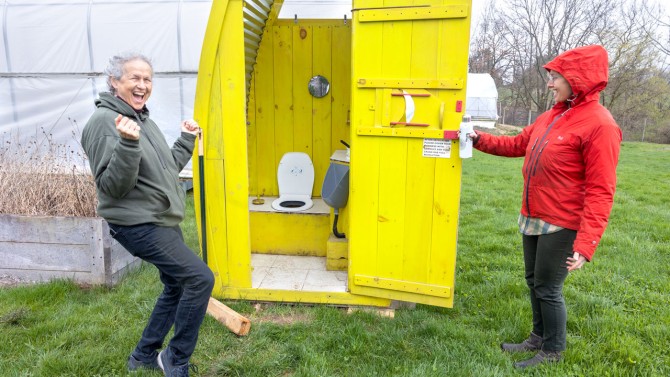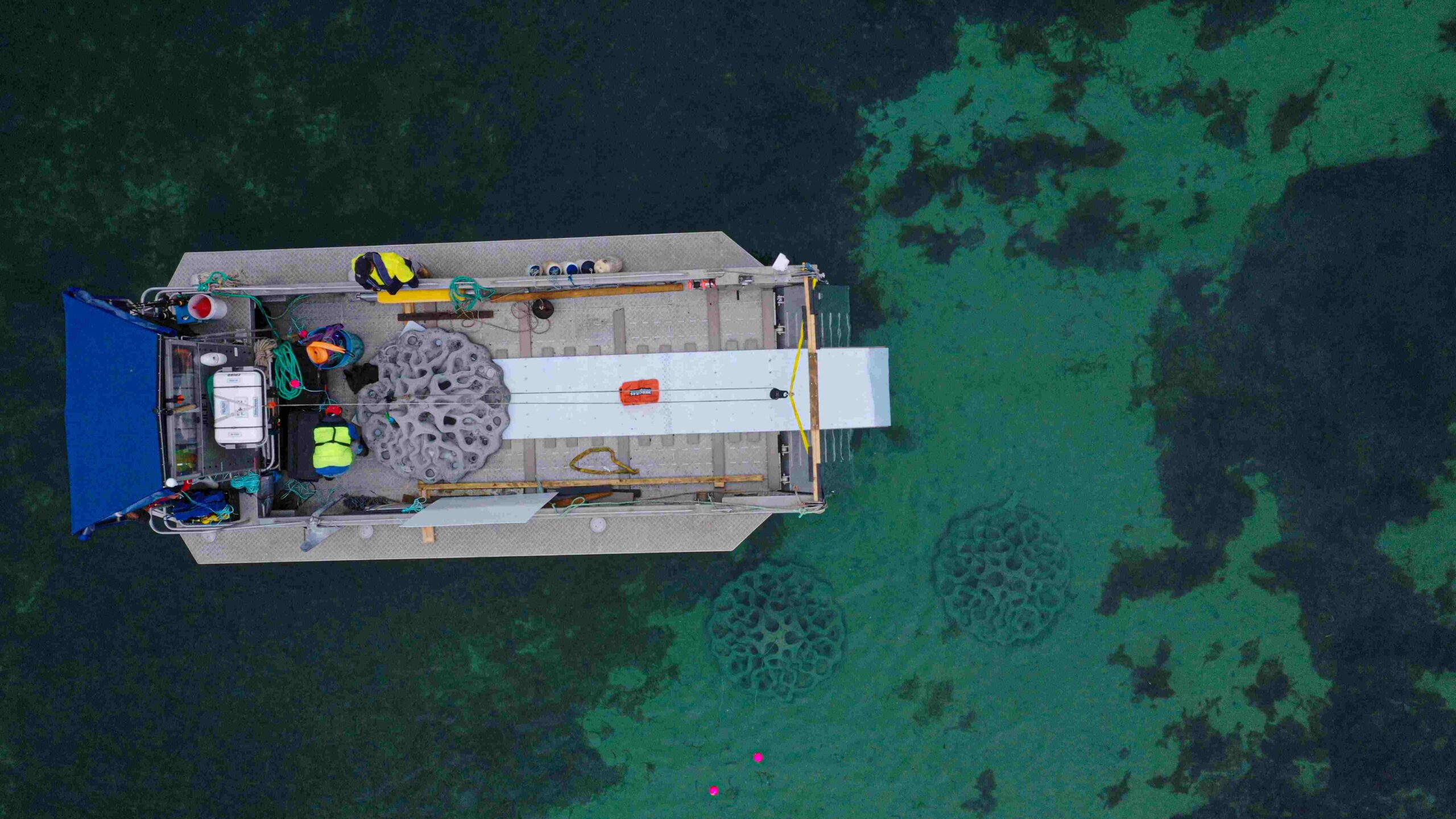THE critical contribution of Australian beef as a nutritional powerhouse fuelling sustainable diets and the wellbeing of communities across the world is in focus this World Iron Awareness Week (22-28 August).
Australian beef provides 12 essential nutrients recommended for good health, with an average 150g serving (raw weight) of lean red meat providing an excellent source of iron, zinc and vitamin B12. It also delivers more iron than other animal proteins such as chicken or fish.
The World Health Organisation (WHO) says iron deficiency affects one third of the world’s population, with those most at risk being infants, children, and teenagers, who are growing rapidly, and pregnant women, who need iron for increased blood levels and to build their baby’s iron stores.
In Australia, the WHO estimates that anaemia caused by iron deficiency (IDA) affects 8% of preschool children, 12% of pregnant women and 15% of women of reproductive age.
Because the body can’t make iron on its own, it gets it from the food we eat. Popular sources of iron include iron-fortified breakfast cereals, poultry, fish, spinach, tofu and red meat.
ABSF Sustainability Steering Group (SSG) Chair, Mark Davie, said nutrition was one of the eight priorities of the People and The Community theme of the ABSF and central to the wellbeing of global populations.
“When we talk about sustainability, very often it is the environment or animal welfare that first comes to mind, however protecting the health of our communities through provision of high quality and nourishing food is also of the utmost importance when taking a holistic view,” Mr Davie said.
“World Iron Awareness week is like a beef week we have every year! The iron in Australian beef is predominantly haem iron; and is more bioavailable, meaning it is more readily absorbed by the body than non-haem iron that is available mostly from plant sources.”
Not consuming enough dietary iron, heavy blood loss, and regular vigorous exercise can all lead to low iron levels. People who don’t eat much red meat or follow a vegetarian or vegan diet may also find it a challenge to consume adequate iron.
The Australian Dietary Guidelines recommend 65g lean, cooked red meat per day, or 455g per week (equivalent to 650g raw weight), where ‘red meat’ includes beef, lamb, pork, kangaroo and game meats. Typical servings of red meat in popular meals range from 100 to 200g (raw weight) so the amounts recommended in the Australian Dietary Guidelines can be enjoyed as part of healthy, balanced meals three to four times a week.
There are three simple ways to promote sustainable eating, while continuing to enjoy the taste and nutritional benefits of Australian beef:
- Maintaining a healthy weight by eating all foods in recommended amounts
- Improving diet quality by eating a variety of nutrient-rich foods to promote health and wellbeing
- Reducing household food waste by purchasing, cooking and serving only what you need.
“Australian beef really is the best in the world and a naturally nutritious food that can be enjoyed as part of a healthy diet. I encourage everyone to enjoy a dish featuring lean red meat this World Iron Awareness Week,” Mr Davie said.








